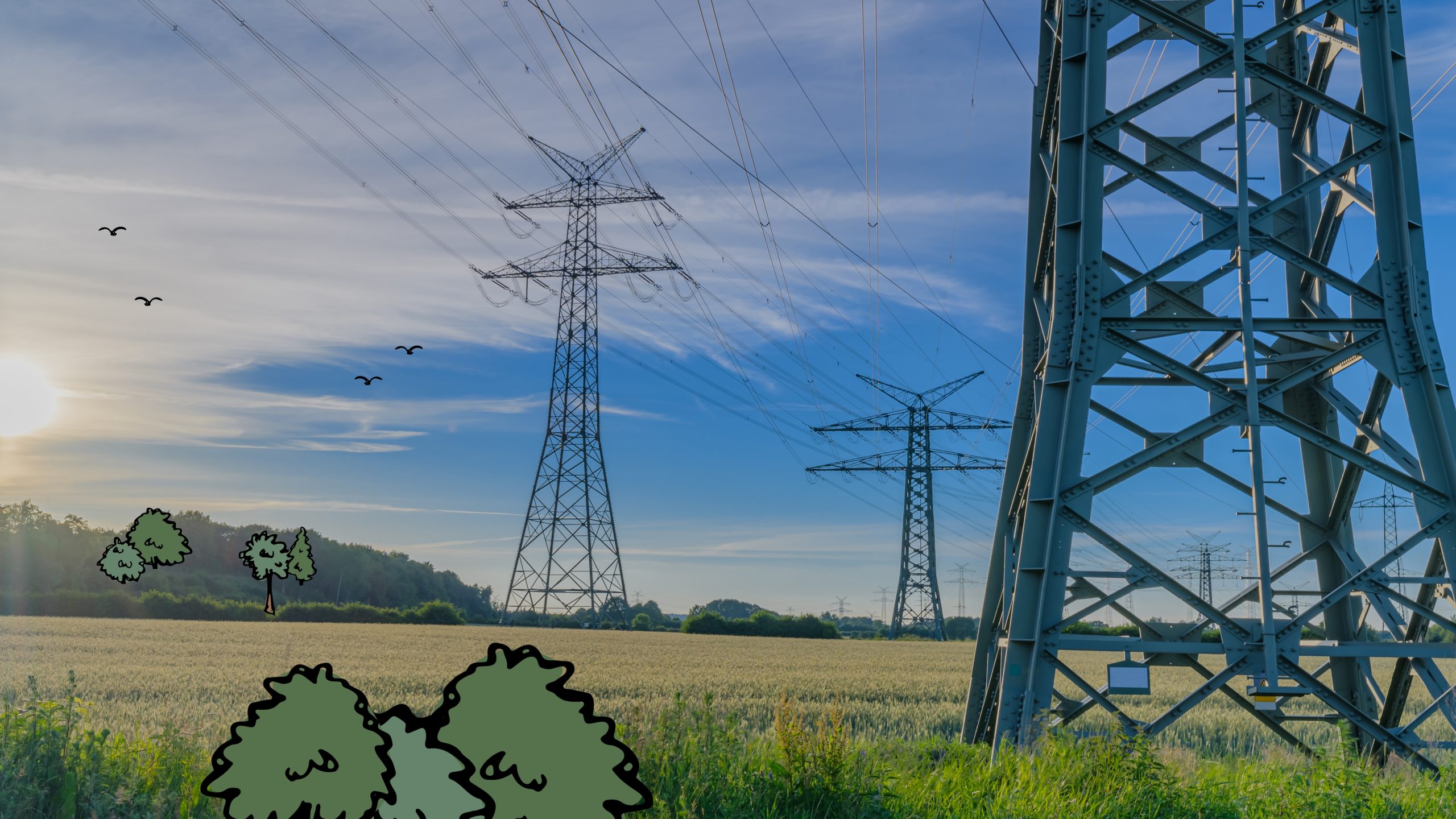KNOWLEDGE
Academy
Start your discovery and get a fresh perspective on...
OPNBuildings speaking at Future in Pharmaceuticals 2026
OPNBuildings will be speaking at Future in Pharmaceuticals 2026, focusing on one of the biggest cha...
Read more
Read more
When the grid says no: why energy capacity is becoming a business risk
Electricity demand is rising faster than supply. Networks are struggling to cope, and for many orga...
Read more
Read more
Why energy security is now a business-critical issue
Some resources are so fundamental that without them, business comes to a standstill. Labour, capita...
Read more
Read more
Reporting under CSRD starts this year—here’s what that means
The Corporate Sustainability Reporting Directive (CSRD) came into force across Europe in January 20...
Read more
Read more
The risk no one’s managing
Every well-run organisation understands the importance of risk management. Identifying, avoiding, a...
Read more
Read more
Why energy risk now sits on the CFO’s desk
Access to capital now depends on clarity.
Banks, investors, insurers, and regulators are no long...
Read more
Read more
Compliance starts with clarity: navigating the EPC road ahead
By 2030, every rented commercial property in England and Wales will need to meet a minimum EPC rati...
Read more
Read more
Grid capacity is becoming a hidden blocker to net-zero
Across Europe, organisations are pressing ahead with electrification. Gas boilers are being replace...
Read more
Read more
EU Flags major gaps in Ireland’s 2030 climate strategy
In May 2025, the European Commission delivered a stark assessment of Ireland’s National Energy and ...
Read more
Read more
ISO 14060 set to become key standard for net-zero strategies
ISO 14060 is set to become a key standard for businesses committed to achieving net-zero. Building ...
Read more
Read more
New EU Energy Directive: what it means for commercial real estate
In April 2024, the European Parliament adopted a major update to the Energy Performance of Building...
Read more
Read more
European Commission to revise Corporate Sustainability ReportingDirective
The European Commission is revising the Corporate Sustainability Reporting Directive (CSRD), aiming...
Read more
Read more
Key takeaways from the 17th Annual CSR & ESG Summit 2025
The 17th Annual Global CSR & ESG Summit 2025 in Hong Kong brought together industry leaders to ...
Read more
Read more
Nature study discovers data drift and its impact on AI performance
Recent research published in Nature highlights how AI models trained on unreliable or unverified da...
Read more
Read more



